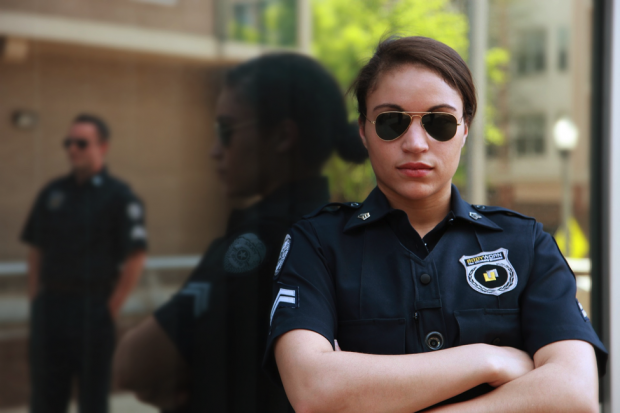Do the Police Have to Read Me My Miranda Rights?
- (Photo : photo)
Thanks to television shows and movies about police officers, most people know their Miranda Rights. By reading you the Miranda warning, the police are telling you your rights. The warning is given in an effort to prevent the police from coercing people into making statements against their own interests.
Over the years, the laws regarding Miranda Rights have gone through changes. This makes it difficult for people to understand when it's necessary for the police to read them their rights.
If you've been arrested, it's important to know your rights. One mistake by the police could jeopardize their entire case. You should understand your rights and ensure that the police don't deny you of them.
When Do the Police Need to Read the Miranda Rights?
If you are under arrest and the police are asking you questions that will assist with their investigation of the crime you were arrested for, the police are required to read you your Miranda Rights. They must do so in entirety and not omit any parts.
However, the issue isn't as simple as it seems. At times, it's not necessary for the police to explain your rights. For instance, if you voluntarily go to the police station, the police have no obligation to give you a Miranda warning. Even if the police invite you to the station, you going on your own volition eliminates the need for Miranda Rights. Until you're officially in police custody, they do not need to read the Rights.
Your Rights During The Arrest
Contrary to popular belief, the police are not required to read your rights when they arrest you. They may wait to give you the warning until they start questioning you about your alleged crime.
If you question whether or not your rights were violated, you should speak with an experienced criminal defense lawyer.
What Happens If They Violate Your Miranda Rights?
Today, many police officers have recording devices on them. They use those devices to capture video or audio of your arrest. Therefore, it's likely that there's firm evidence of what was said during the arrest. It's crucial to be honest about what was said and done at the arrest and interrogation.
If your rights were violated, you may be able to have your statements suppressed. Then, your words cannot be used against you in court. For this to happen, your attorney must file a motion to suppress your statements. It's up to a judge to decide whether or not you had your rights violated. If there's enough evidence of the violation, your statements will be thrown out and the police will need new evidence against you.
Under certain circumstances, the suppression of your statements will derail the case against you. If this occurs, the state will need to dismiss your case. However, there may be other evidence against you. In this case, you could be offered a plea bargain or still be facing criminal charges. It all depends on how much evidence is stacked up against you.
Working with an Experienced Defense Attorney
Whether or not your Miranda Rights were violated, you deserve the expertise of an aggressive and experienced criminal defense attorney. They understand your rights and know how to build a strong case in your favor.
With an annual crime rate of 37.89, many Fort Worth residents find themselves facing criminal charges. Cole Paschall Law has spent years fighting for locals. If you're ready to fight for justice, give us a call today.

















